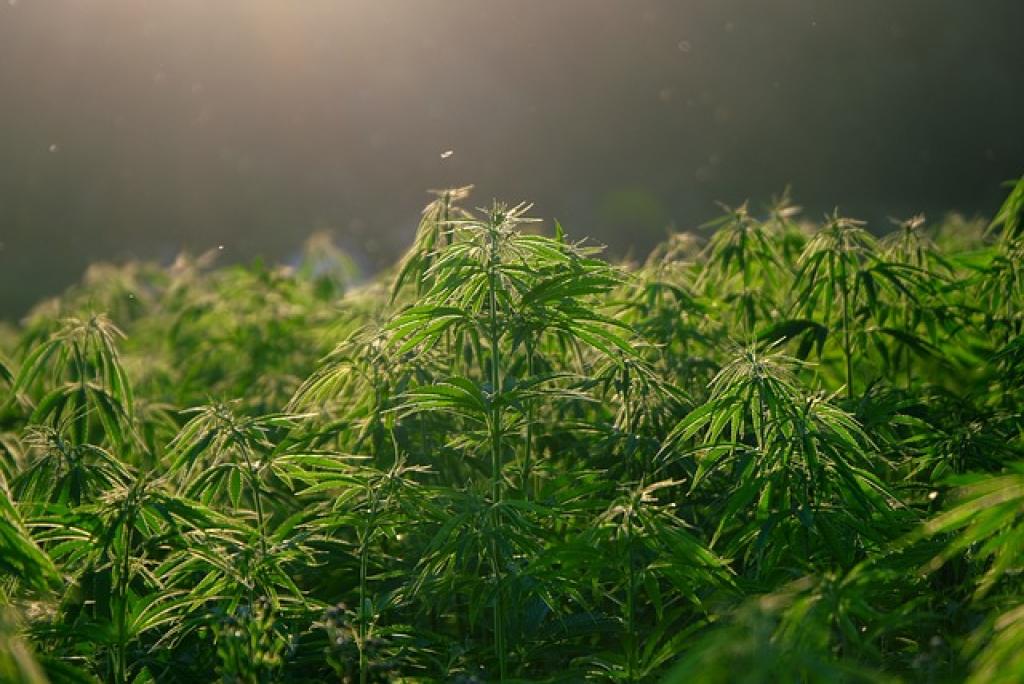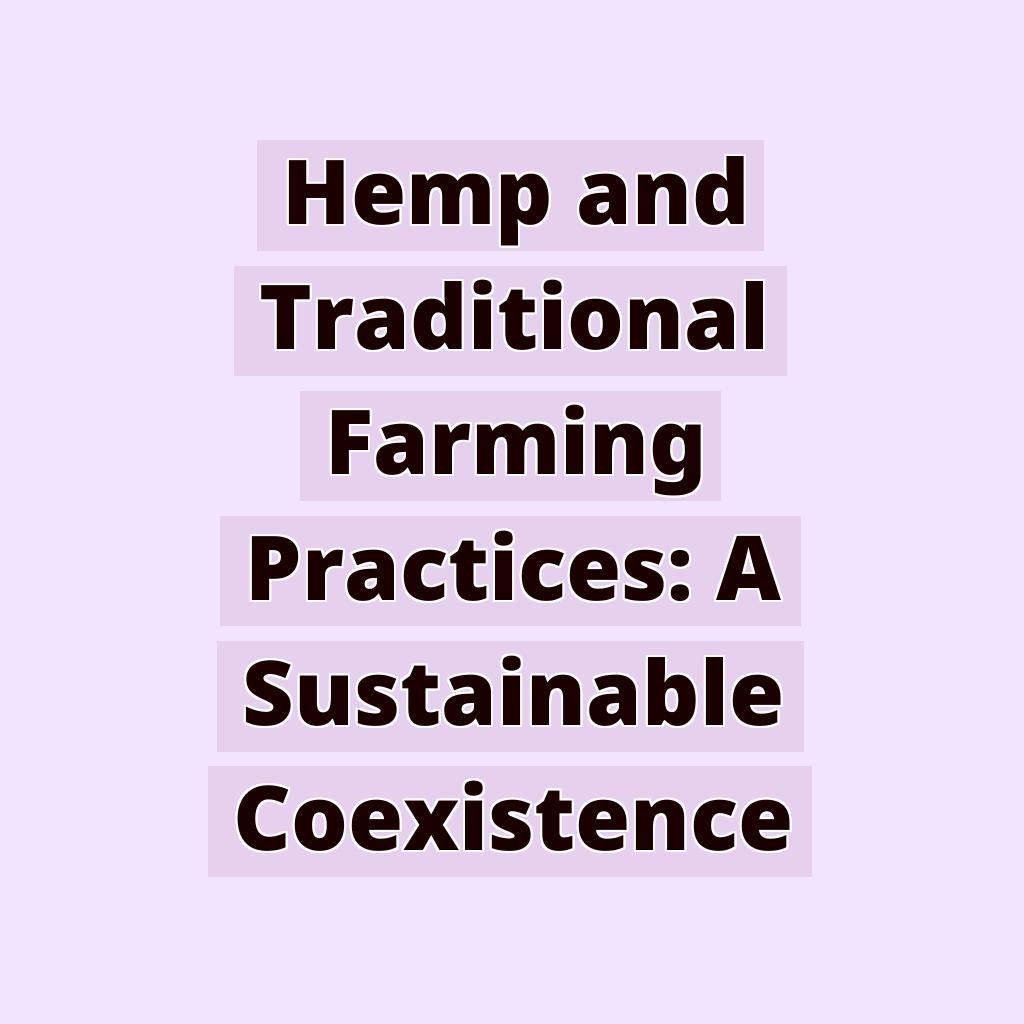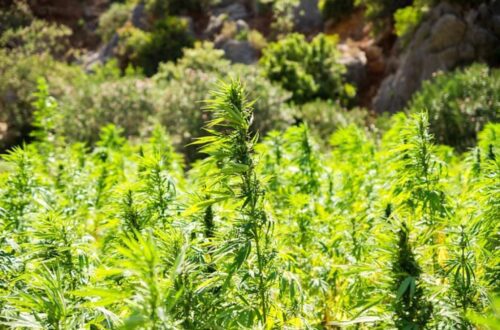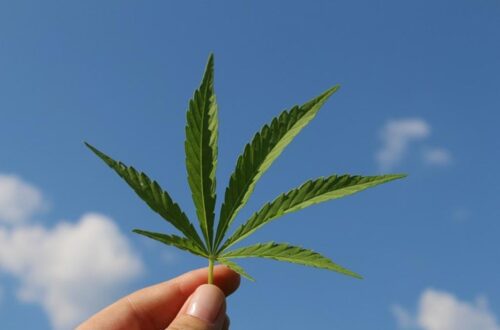Hemp farming is gaining popularity for its versatility and numerous applications. However, like any agricultural endeavor, it comes with its unique set of challenges. In this blog post, we will discuss some of the common challenges faced by hemp farmers and provide practical solutions to overcome them.
Soil Quality and Nutrient Management
One of the primary challenges in hemp farming is ensuring proper soil quality and nutrient management. Hemp requires well-draining soil rich in organic matter. To overcome this challenge, it is essential to conduct soil tests before planting to determine nutrient deficiencies. Additionally, incorporating cover crops and crop rotation can help improve soil health and fertility over time.
Pest and Disease Management
Pests and diseases can wreak havoc on hemp crops if left unchecked. Common pests that affect hemp include aphids, spider mites, and caterpillars, while diseases such as powdery mildew and root rot can also pose significant threats. Implementing integrated pest management practices, using beneficial insects, and maintaining proper plant spacing can help mitigate pest and disease pressure.
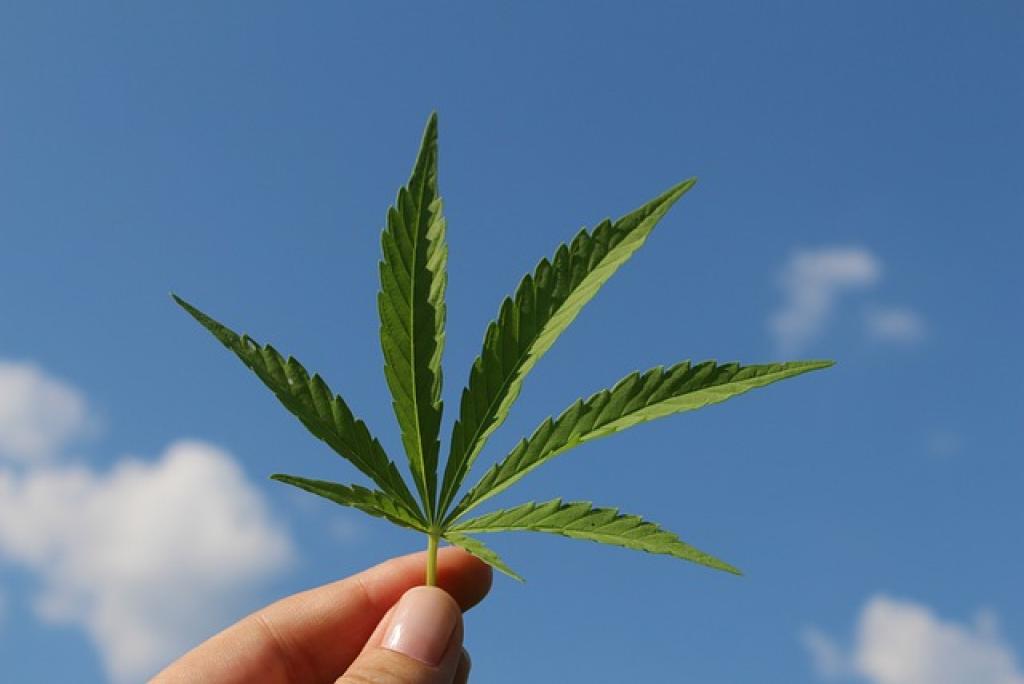
Legal and Regulatory Compliance
Navigating the legal landscape surrounding hemp farming can be challenging due to changing regulations and varying requirements at the state and federal levels. It is crucial for hemp farmers to stay informed about the latest laws and compliance standards to avoid potential legal issues. Partnering with organizations and consultants that specialize in hemp regulations can provide valuable support in navigating this complex terrain.
Harvesting and Processing
Harvesting and processing hemp can present challenges, especially for new farmers. Timing the harvest right to maximize cannabinoid content and CBD levels while minimizing THC levels requires careful planning and monitoring. Investing in proper harvesting equipment and having a well-defined post-harvest processing plan can streamline operations and ensure a high-quality end product.
Market Volatility
The hemp market is known for its volatility, with prices fluctuating based on supply and demand dynamics, regulatory changes, and global market trends. Hemp farmers must be prepared for market fluctuations and develop strategic partnerships with buyers to secure stable markets for their products. Diversifying product offerings and exploring niche markets can also help mitigate the impact of market volatility.
Water Management
Water management is critical for successful hemp cultivation, as hemp plants require adequate water throughout their growth cycle. Inconsistencies in water availability can lead to stress, reduced yields, and poor quality crops. Implementing efficient irrigation systems, such as drip irrigation or overhead sprinklers, can help ensure plants receive the right amount of water at the right time, promoting healthy growth and optimal yields.
Labor and Labor Costs
Hemp farming can be labor-intensive, especially during planting, weeding, and harvesting seasons. Labor costs can quickly add up, putting a strain on the farm’s budget. To overcome this challenge, farmers can explore mechanization options, utilize seasonal labor when needed, and optimize workflows to increase efficiency and productivity. Investing in training programs for farm workers can also improve overall operations and reduce labor costs over time.
Climate and Weather
Climate variability and extreme weather events can have a significant impact on hemp crops, affecting growth, yield, and overall plant health. Drought, excessive rainfall, frost, and heatwaves can all pose challenges to hemp farmers. Implementing climate-smart agricultural practices, such as mulching, crop rotation, and using protective structures, can help mitigate the effects of adverse weather conditions and ensure more resilient crop production.
The Bottom Line
Hemp farming presents a unique set of challenges, but with careful planning, innovative solutions, and a proactive mindset, these challenges can be overcome. By focusing on soil health, pest management, legal compliance, harvesting techniques, market strategies, water management, labor efficiency, and climate resilience, hemp farmers can enhance the sustainability and profitability of their operations. Stay informed, stay adaptable, and stay connected with the hemp farming community to stay ahead in this rapidly evolving industry.

